I grew up in a small town in southwest Virginia. Big Stone Gap is an enchanted, romantic place to me still- and I am filled with great love whenever I return home. In contrast to the romantic view, is the hard reality and history of the good men (and eventually women) who mined coal- a dangerous, fraught profession, one with long term health consequences (endured for the honor of making a living and providing for the family). I was taught that every time you turned on a light, you should thank a coal miner. And I do. If you love to read, you live by the light.
The beauty of the mountain walls, verdant green in summer, golden ruby red in autumn, and a silver gray patina in winter, gave a sense of security- until the rains came in the spring and the valley of those glorious mountains, where we lived and worked, would flood. I remember sand bags on the river banks, the National Guard rescue efforts with tanks crawling up the mountainside, fear, hope, and the kindness of neighbors. Homes and lives were lost along with precious family heirlooms- in a matter of minutes, those who had very little to start with, had nothing. The rains persisted, day and night, a fine backdrop for hours of reading, but little else. We wondered if the rain would ever stop. I remember feeling lucky, blessed and safe in my mother's kitchen on those long, dark nights, in an old house, sturdily built in 1890. Was the house a fortress or the strength I found inside it?
I remember my dad on the national news. He had a sewing factory in the flood zone called Cadet, (pronounced Kay-dette) built from a low interest loan from the War on Poverty Program of Lyndon Johnson’s presidency. I remember a phone call made from my mom to her mother on the Iron Range of Minnesota (you didn't make long distance calls during the day back then- it was expensive) But, my grandmother confirmed that she saw my father on TV. The power of the news, of the reach of television became real to me.
Recently, Amy Spain, a university professor and gifted writer, asked me to come on her Talking Appalachian podcast- we had a conversation about Appalachia, and like all conversations that begin at home, it has stayed with me. I tried to express what being an Appalachian has meant to me. It's a little like when you fall in love and want to find the exact right words to articulate the truth you experience in your heart- it's almost as if words alone can't get to the bottom of the feelings. But, as all writers will do, Amy got me to thinking.
When friends from back home began to send emails about the recent destruction by the hurricanes and tornados in Appalachia, and the effects of climate change worsening to the point of instant and immediate destruction, the consequences of losing everything became real all over again. Asheville, North Carolina, a treasured community, rich in history, architecture, education and delicious cuisine, tucked in the mountains like a jewel, was all but destroyed by the storms. I could take you on a tour, town by town, neighborhood by neighborhood, but you have seen it all with your own eyes, on that trusty television set (or phone or wherever you stream your news). You may wonder, how will they bring it back? I assure you- they will. We will. The secret is in the people themselves- the Appalachian resolve. Whether Tennessee, Kentucky, Virginia, West Virginia or North Carolina, the people are made of something. They will not only survive, but thrive.
I grew up in a place where folks didn't blame one other, their God or even outsiders, “ferriners” for their troubles- there was a sense that the life experience was always about struggle- and that hard work and faith would see you through the worst. There was a commitment to live The Beatitudes, to take their directives seriously. So, while there was plenty of pain to go around, there was also hope. Hope never leaves the Appalachian people, it is the stuff of their very souls. Now I won't kid you, that resolve plays out in many ways. Appalachians can hold a grudge, but over time, (sometimes years) we are capable of forgiveness. The dark side of loyalty is implacability- everything appears to be on the line and our feelings are so deep they are immovable- eternal- but that’s of course, where forgiveness comes in. How can love endure in a state of anger? It can’t. So we try.
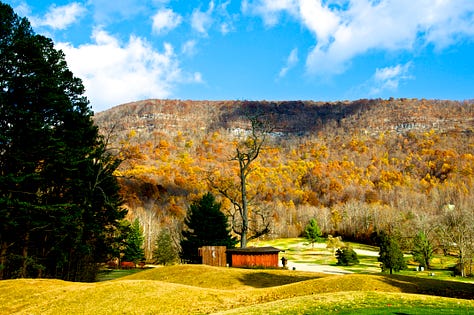
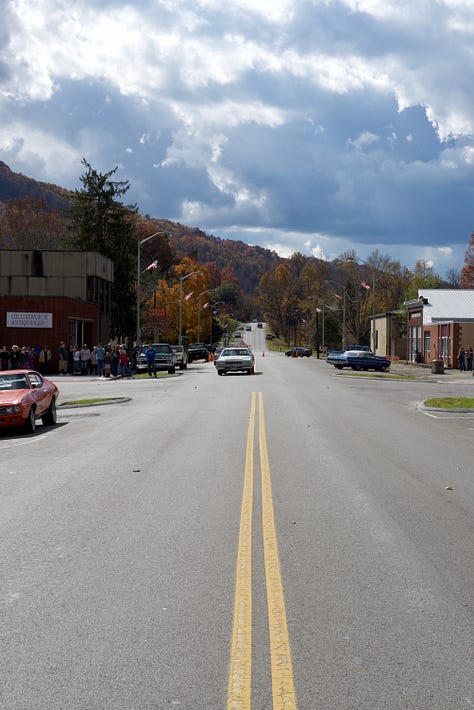
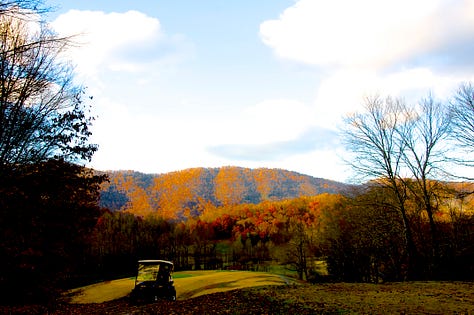
I’m calling some friends to join me in southwest Virginia where we have an in-school writing program, The Origin Project, (celebrating our 13 plus year anniversary). We will gather students, as we have for the past 13 years- we’re going to write about the storms, the hurricanes, the tornadoes and the floods- and the pain of it all, and the hope that comes with the sun. I can’t wait to share what we learn. I know you care for sure, because you are reading this. Thank you. Gratitude, that too, is an Appalachian virtue, with no end to it- like the rain I remember.


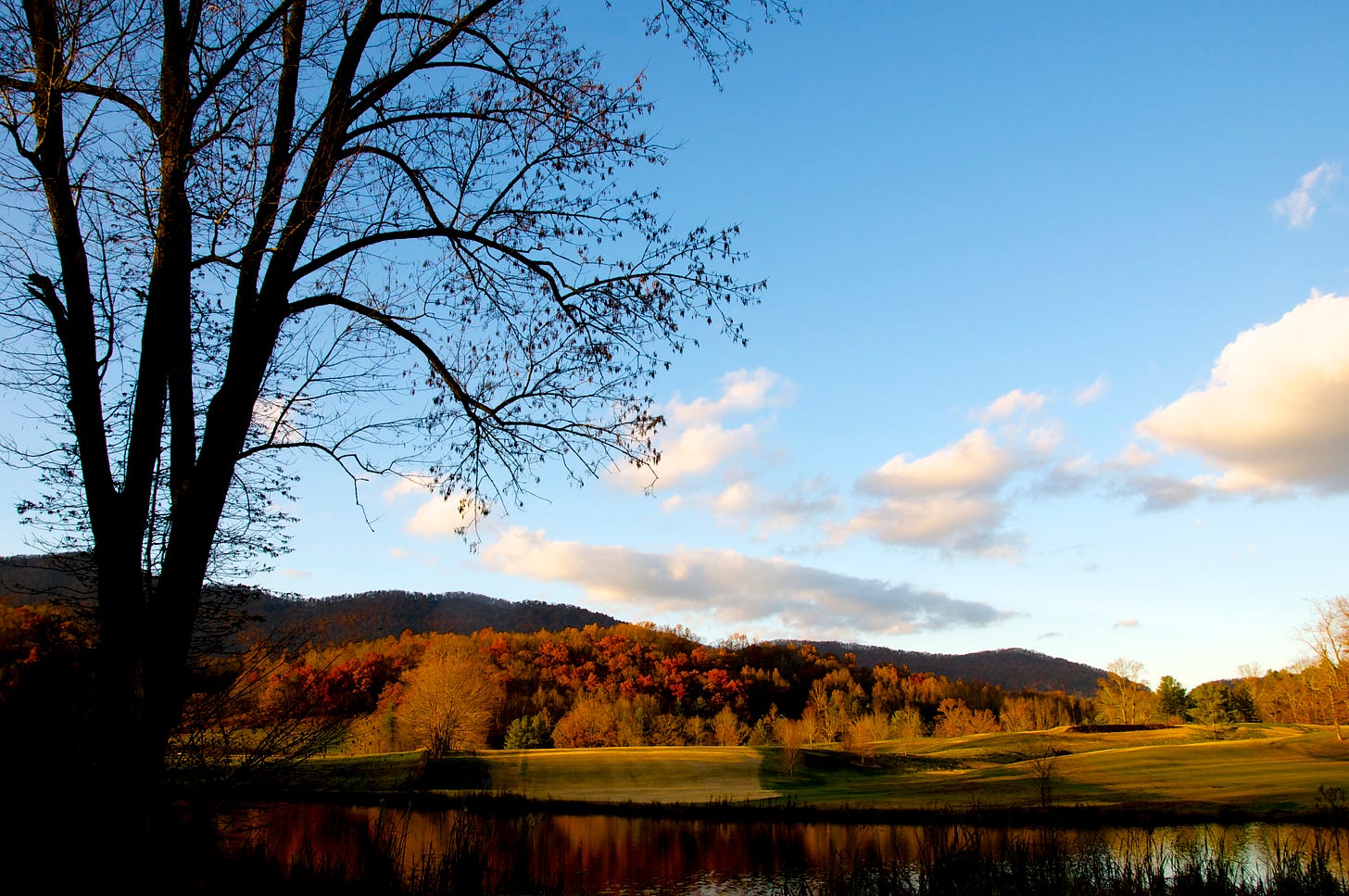
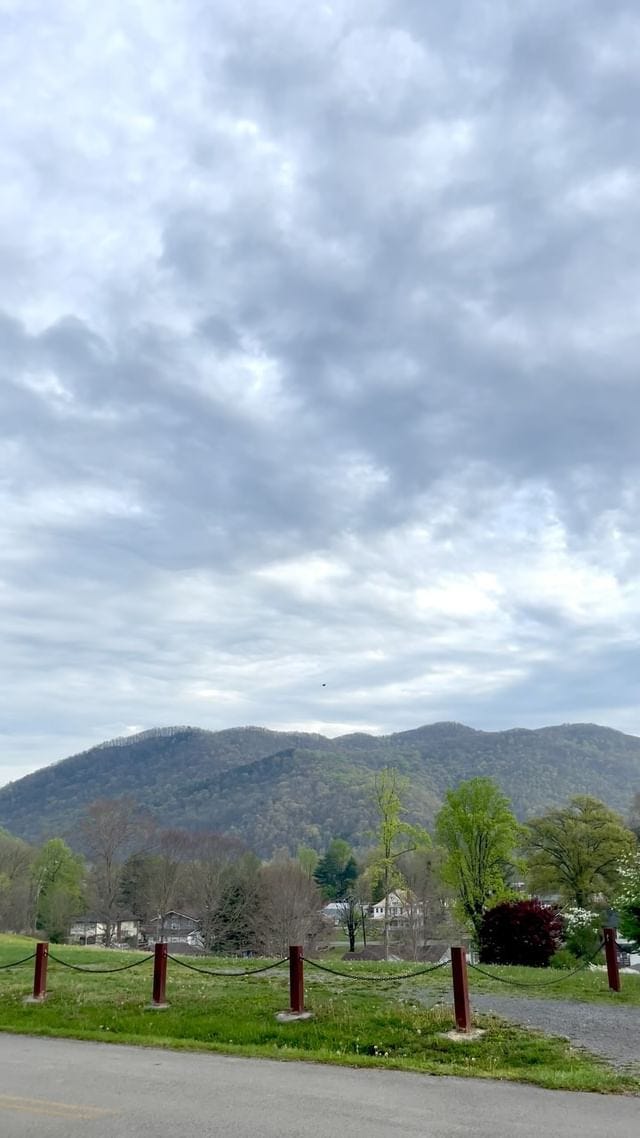
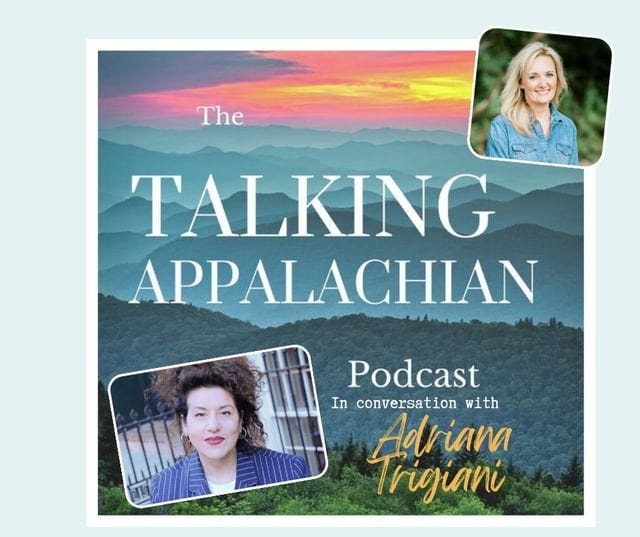
I live 325 miles from Big Stone Gap and have been there several times. It’s a special place to me because of Adriana Trigiani. I love her because she has never forgotten where she came from, and that’s important! The people I met there seemed to have walked right out of her books!